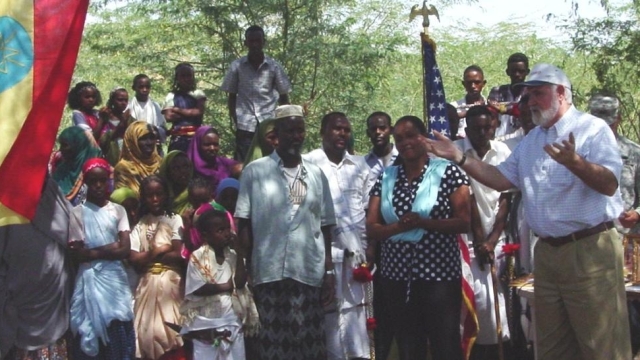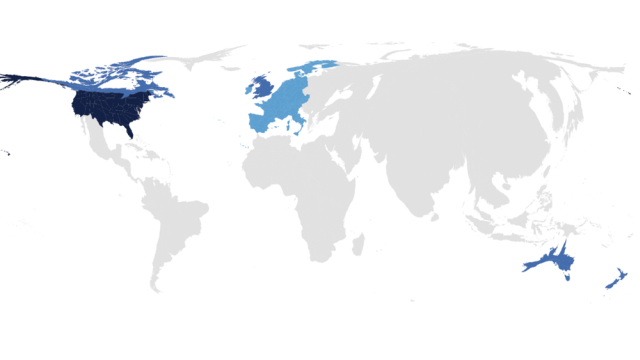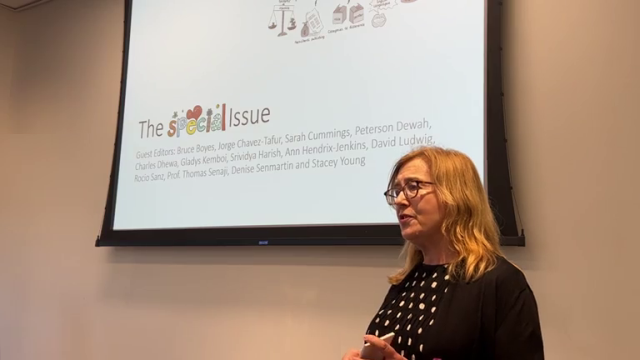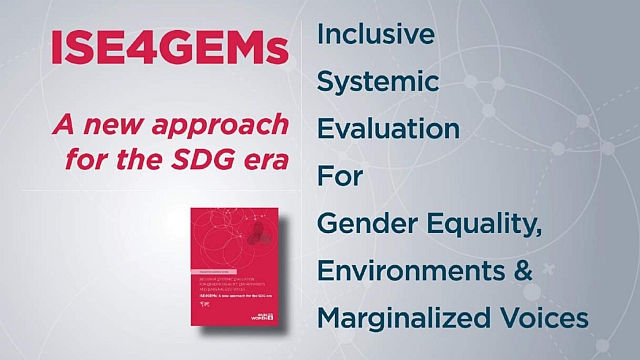
Self-perpetuating hierarchies and their effects on knowledge flows
I recently had two interesting experiences, both involving colleagues from less wealthy countries. The first experience was hearing a stakeholder from an African country say that his country needed more of our knowledge and technologies, so it could move forward. The second experience was a researcher from Asia telling me that in her country, people didn’t develop theories, but rather relied on theories from the Global North. Those, in turn, were implemented, but not questioned or criticised.
It struck me that something interesting is going on here. Instead of taking pride in their systems knowledge, both of these individuals saw their country’s knowledge as somehow inferior to what is produced in wealthy countries. This may be true for some kinds of technologies — e.g. Germans build better cars than Tanzanians (sorry, guys, it was the first random African country that came to mind). But for many other kinds of things, the local knowledge is more likely to be just different, not inherently less valuable. It’s not a big secret that often, people from the Global North have gone to the Global South — and implemented “solutions” that ended up causing more harm than good.
What I find particularly interesting then, is that this pattern is being perpetuated (1) in two directions, and (2) beyond the initial observation that I highlighted above.
First, the duality of “knowledge provider” versus “knowledge recipient” is perceived by many individuals in the Global South, as I outlined above. But this doesn’t come out of nowhere, but rather, is being reinforced through science from the Global North routinely telling people what they ought to do — assuming that such science knows best. Science from the Global North might, for example, tell people where to intensify their land, how to irrigate, or which improved varieties to grow. If this suits local people may be considered, but often as an afterthought.
Second, a general attitude of dividing the world into “providers” versus “recipients” of knowledge is self-perpetuating beyond its origin. That is, the same academic from the Global South who accepts his role as “recipient” of better science coming from the North, is likely to also assume a role of “provider” of science to local people in this country. That is, a top-down extension model that is common in the Global South is in itself the same pattern of one-way knowledge transfer that can be observed between the Global North and the Global South. This gets a little bit ironic then when people from the Global North start to highlight that governance structures in the Global South (for example) do not take local people into account adequately!
So, what to do? Dualistic understandings of one-way knowledge flows need to be treated with great caution. Of course, sometimes one person primarily “provides” and the other primarily “receives” knowledge. But very often, mutual learning is possible and would arguably lead to better insights on both sides: Academics in the Global North can learn from those in the Global South. Scientists in the Global South can learn from smallholder farmers in their countries. Recognising that knowledge flows can go both ways breaks down traditional hierarchies that prevent innovative and holistic thinking.
I singled out this pattern with respect to the Global North and Global South, and with respect to academics versus on-ground stakeholders. That’s because this is the anecdote that made me think of it. But self-perpetuating hierarchies like this exist in many realms of life. To truly learn and generate insight, I argue that we will do best to break down such hierarchies much of the time.
Article source: Originally published on Ideas for Sustainability.
Image source: Adapted from U.S. Army Reserve civil affairs teams work in the Horn of Africa by US Army Africa, which is licenced by CC BY 2.0.






